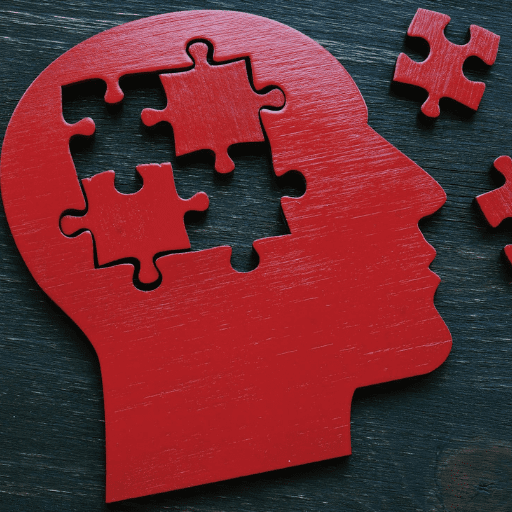What to Know & Where to Find Help
Every 9 seconds, someone in the United States sustains a brain injury.
The Maine Centers for Disease Control estimates that about 5,000 Mainers experience a traumatic brain injury every year. But this does not include non-traumatic injuries like those caused by overdoses, strokes and infections, so the actual impact of brain injury in Maine is much greater.
An acquired brain injury is one that happens after birth and is not neurodegenerative in nature (like dementia or Alzheimer’s are). There are two types of acquired brain injuries:
• Traumatic injuries (often referred to as TBIs), caused by external factors
• Non-traumatic injuries, which are the result of internal causes
Another cause of non-traumatic brain injury is hypoxia or anoxia, which happens when the brain is deprived of oxygen. This type of injury can occur during a drug overdose, cardiac event, near drowning, choking or strangulation. Because many symptoms of these injuries are “invisible,” and there is a lack of awareness, especially around overdose and brain injury, sometimes people don’t receive a timely brain injury diagnosis.
In 90 percent of identified overdose cases in Maine, the person survives. But many survivors are never medically screened for aftereffects, including possible brain injury.
Several screening tools are free and available online, including the Ohio State University TBI Identification Method (OSU TBI-ID). Such tools do not give a final diagnosis but can indicate if someone should have follow-up testing or services.
Brain injuries can affect every aspect of a person’s being: physical, psychological, emotional, social – and everything in between. A person’s cognitive function, or how they think and process information, is often impacted by a brain injury.
Sometimes a person will have trouble remembering things, keeping track of their daily tasks, and planning, which are all part of our “executive functioning” skills. Impact to executive functioning can result in failed attempts at substance or mental health treatment and ongoing participation in high-risk activities. Once an individual sustains one brain injury, they are also at increased risk for additional injuries.
Other common symptoms of brain injury include: headaches, dizziness and balance issues, vision changes, vomiting, confusion, and inappropriate emotional responses. Some brain injury symptoms develop immediately, but others may take weeks or months to surface. Many brain injury survivors experience changes in their mood, personality, or behavior.
Ultimately, every brain injury is unique, and the symptoms one person has may look very different from someone else’s.
If you think you may have experienced a brain injury, it’s important to seek medical attention as soon as possible.
If you’re struggling with brain injury symptoms, you’re not alone. Maine has a robust network of brain injury support groups across the state: 20 groups are currently meeting virtually, in-person, and in hybrid formats. These groups are free to attend and an excellent way to connect with other brain injury survivors who understand what it is like.
Brain injury survivors are also at higher risk for mental health challenges, especially depression, anxiety and panic/phobic disorders. And severe TBI is associated with significantly increased rates of these disorders, as well conditions like obsessive compulsive disorder, PTSD, substance misuse, bipolar disorder, and schizophrenia.
If you’re experiencing mental health challenges, NAMI-Maine –800-464-5767 – is an excellent resource for local services and support.
If you or someone you know needs help navigating life after brain injury, please call BIAA-ME at 800-444-6443. We’re here to help.
The Brain Injury Association of America’s Maine Chapter (BIAA-ME) is here to help with navigating life after brain injury. BIAA-ME can help connect Maine brain injury survivors and their families to resources, services and support. BIAAME also offers longer-term, one-on-one support through NeuroResource Facilitation, and these services are FREE.




